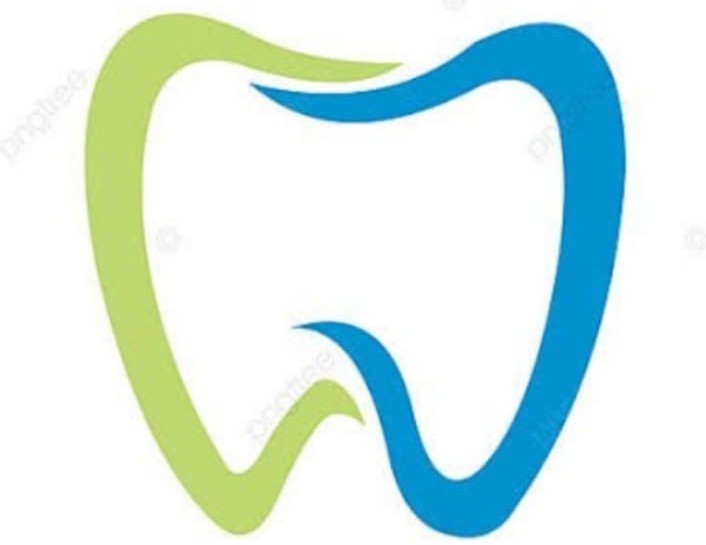Wisdom tooth problems are common for many people. These teeth often cause pain, swelling, or infection. Wisdom tooth extraction is a dental procedure to remove one or more of these teeth. If you have wisdom tooth pain or signs you need wisdom teeth removed, this guide will help you know what to expect. Understanding the process can ease your worries and help you prepare for a smooth recovery.
What Are Wisdom Teeth?
Wisdom teeth are the last set of molars in your mouth. Usually, they appear between ages 17 and 25. For some people, these teeth come in without any trouble. However, many people do not have enough space in their mouths. As a result, wisdom teeth can grow at odd angles or stay trapped under the gums. This is called impaction. Because of this, wisdom teeth often cause dental problems.
Common Wisdom Tooth Problems
Many people experience issues with their wisdom teeth. For example, these problems can include:
Sometimes, wisdom teeth can also cause cysts or damage nearby teeth. According to the American Dental Association, up to 85% of people will need wisdom tooth removal at some point.
When Is Extraction Needed?
Not everyone needs their wisdom teeth removed. Still, extraction is often recommended if you have:
In many cases, dentists suggest early removal to prevent future problems. If you notice wisdom tooth pain relief is not working, it may be time to see a dentist.
The Wisdom Tooth Extraction Procedure
First, your dentist or oral surgeon will examine your mouth and take X-rays. This helps them plan the best way to remove the tooth. Next, they will numb the area with local anesthesia. Sometimes, you may get sedation to help you relax. During the procedure:
The whole process usually takes less than an hour. Most people can go home the same day.
Recovery and Aftercare Tips
After wisdom tooth extraction, proper care is important for healing. Here are some tips for a smooth recovery:
Most people feel better within a few days. However, full healing may take up to two weeks. If you have questions about wisdom tooth removal recovery, ask your dentist for advice.
Possible Risks and Complications
Although wisdom tooth extraction is safe, some risks can occur. For instance, you might experience:
Most problems are rare and can be treated quickly. But if you notice severe pain, fever, or trouble swallowing, contact your dentist right away.
Prevention and Oral Health Guidance
Good oral care can help prevent wisdom tooth problems. For example, you should:
Early action can help you avoid serious issues. In addition, regular dental visits help spot problems before they get worse.
In summary, wisdom tooth extraction is a common and safe procedure. Knowing what to expect can help you feel more at ease. Consult a dental specialist for personalized advice on wisdom tooth problems.

